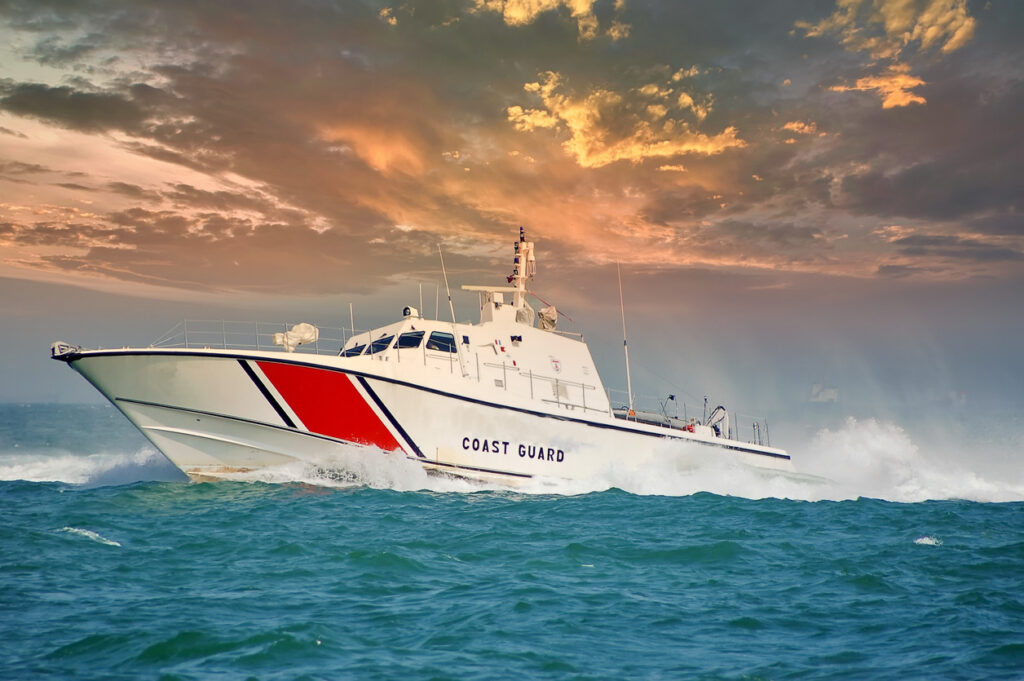The pre-employment medical examination (PEME) plays an important role in ensuring a person is healthy enough to work in the maritime industry. Ship owners and operators often require PEMEs to assess a potential employee’s ability to meet the demanding and often dangerous conditions present working at sea.
The PEME are used to identify any underlying medical conditions, health risks, or physical limitations that could affect a person’s ability to perform their duties aboard a ship. The ship owners and operators hope that PEMEs will result in a healthier crew with fewer medical emergencies at sea.

Standards set by the International Maritime Organization
The International Maritime Organization (IMO) has helped create standards for the PEME by sponsoring and administering the International Convention on Standards of Training, Certification, and Watchkeeping for Seafarers (the STCW).
A seafarer must meet the medical standards outlined in the STCW to be permitted to work on a ship. The medical certificate must be issued by qualified medical practitioner.
While a PEME is used to ensure a seafarer can meet the minimum requirements identified in the STCW, ship owners and operators are encouraged to tailor the PEMEs by age and nationality to account for individual health risks, genetic dispositions, and cultural factors.
PEME’s role in maritime claims
The PEME could play a role in your maritime claim in at least two ways.
Helping your claim
First, a PEME may help your claim. If the PEME shows that you have no pre-existing injuries to a body part later injured in an incident on or near a ship, the PEME can help show the injury was caused by the incident and not something pre-existing.
Ship owners and operators are also required to provide a seaworthy ship. A crew on a seaworthy ship should be medically qualified. If a fellow crew member injures you because of something he or she should have been medically disqualified for, that could support a Jones Act claim or other maritime claim.
For example, a crew member who cannot physically or mentally perform a task on the ship may result in injury to you. If the ship owner and operator ensured its crew was medically qualified the ship would be seaworthy and the injury would not have occurred.
Liming your claim
Second, the PEME could limit a claim you have against a ship owner and operator. If you are injured on or near a ship, you may have maritime claims including maintenance and cure. Maintenance and cure is compensation afforded by the general maritime law to seamen who fall ill or are injured while in the service of a vessel.
However, ship owners and operators will have a defense to providing you maintenance and cure if they can prove that you failed to disclose or concealed a past illness or injury that is related to the injury you are bringing a claim for. So it is important to fully disclose any pre-existing medical issues on the PEME.
Why you need skilled legal advice
If you’re a maritime worker injured on the job, you can’t afford to settle for less. You need skilled legal advice from a Houston maritime accident attorney.
You may be tempted to accept a fast settlement from your employer or another responsible party, but it’s likely not the total amount your case is worth. It may not even be enough to cover long-term treatment or care for complications from your injury.
Call (713) 955-2215 and book your free consultation to fight for what you deserve.